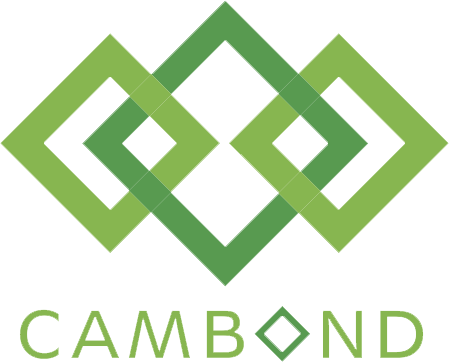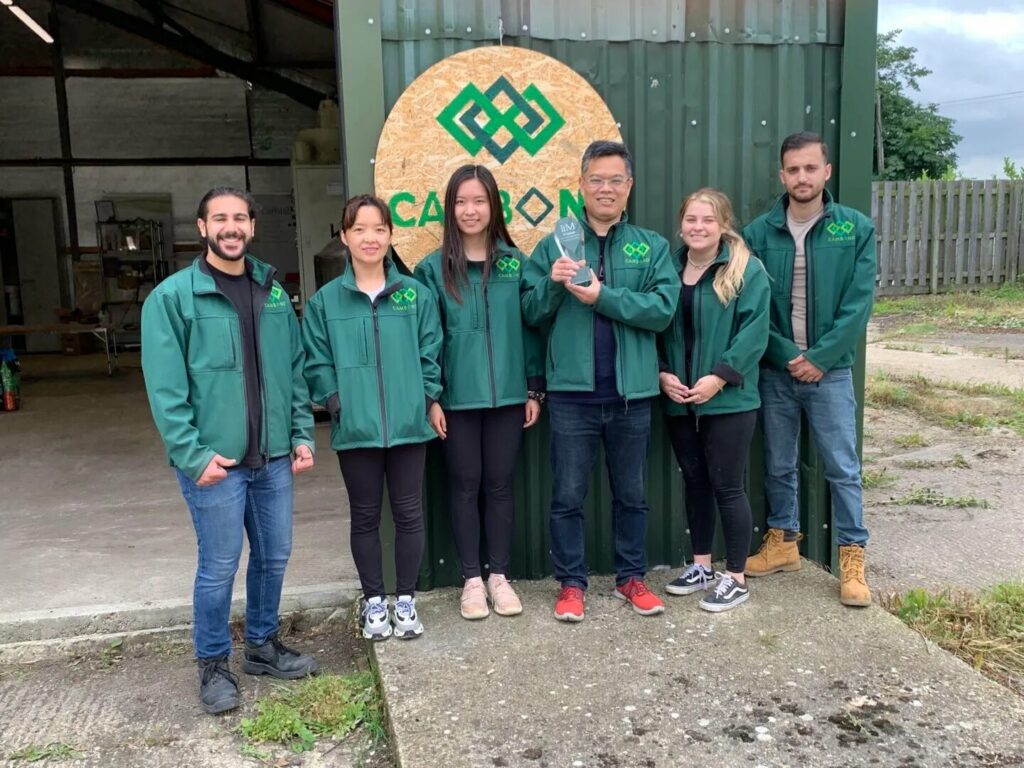The so-called “circular economy” aims to reduce waste, extract maximum value from natural resources and extend the potential use of by-products. We’ll be discussing potential uses and added value of “waste” in the agri-food system.
Given the energy requirement and impact associated with production of food, feed and other inputs, there is increasing pressure for this approach to become mainstream. Some European countries are more advanced in their thinking around the circular economy, but the technologies and innovations associated with its implementation in the UK have been slower in development and adoption. We’ll be discussing potential uses and added value of “waste” in the agri-food system.
In addition, the value of the “bioeconomy” has been recognised and supported by BBSRC (one of the UK’s research funding councils, now part of UK Research and Innovation – UKRI) for a number of years. There is major potential to apply this thinking to the wider “circular economy” – to help increase the potential value of by-products and use resources for as long as possible and derive maximum value from them, servicing a range of supply chains and with the minimum of waste at the very end of the processes. UKRI is convening a multi-disciplinary group to consider how to make the circular economy a reality. Pollinator delegates will also be hearing about these activities and are invited to input into policy and funding workshops to shape future priorities for investments in research and innovation.
Cambond will present with a title “Commercialisation – squaring the circular economy” to have a show case for it’s recent development on biomass based ‘Camposite‘ for various applications.

